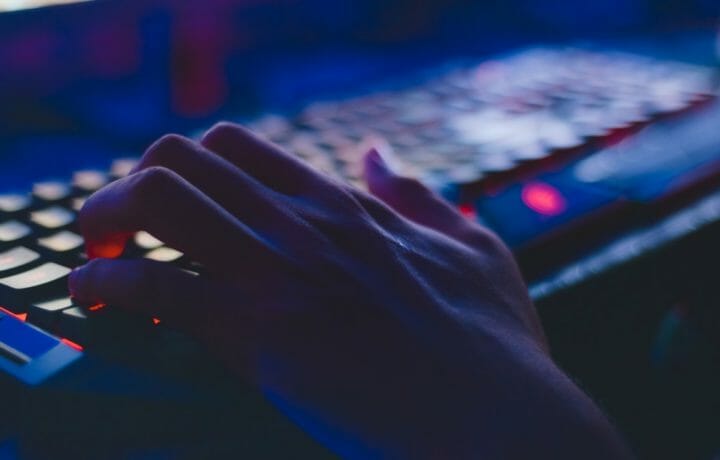This year marks the twentieth anniversary of the founding of NAPSTER – the infamous (and ground-breaking) peer-to-peer file sharing website that was ultimately shut down for copyright infringement.
These days, digital music and movies are as ubiquitous as boy bands, baggy pants, and spiked hair were when NAPSTER first exploded onto the budding internet in 1999. But the public’s desire for free digital content hasn’t abated, and many of the tech wizards who were enthralled with NAPSTER in their teen years have continued pirating copyright content – some of them while possessing a security clearance.
Perhaps unsurprisingly, this is an adjudicative issue we see with particular frequency at places like the NSA and the military’s cyber command. And while downloading some pirated movies or music off the internet isn’t exactly the crime of the century, it is still something these agencies take quite seriously. NSA in particular pursues any computer-related misbehavior on the part of its security clearance holders or applicants with vigor – ostensibly under the theory that someone who engages in such activity at home may be more likely to violate computer security rules in the workplace.
Questions about this area seem to arise most commonly during polygraph examinations, with highly aggressive examiners demanding that the examinee estimate on the spot the total volume of pirated content – and the value – downloaded by the examinee during his or her lifetime. That would be difficult for prolific downloaders or older individuals to do under ideal circumstances, but it often leads to grossly inflated numbers while under the stress of a security interview where hesitation is sometimes viewed as deception.
Pirated Content? Delete Before You Apply
With that in mind, those who have recently engaged in such activity and/or still have pirated content from some time ago on their personal devices should steer clear of applying to NSA, Cyber Command, or other agencies with a heavy computer emphasis until such time as they have destroyed all pirated content and waited an appropriate period of time to demonstrate that the behavior is unlikely to recur. There is no bright-line rule as to how long is long enough to demonstrate reformation, but we’ve had clients denied clearances for downloading pirated content two to three years prior. Ideally, a minimum of three years’ wait is probably advisable.
These cases can be challenging to win, but they are not by any means impossible to win with the right legal defense and an appropriate passage of time. Applicants with illegal downloading in their background should strongly consider working with a qualified attorney to craft a comprehensive case of mitigation before applying or reapplying for a clearance.
This article is intended as general information only and should not be construed as legal advice. Consult an attorney regarding your specific situation.




